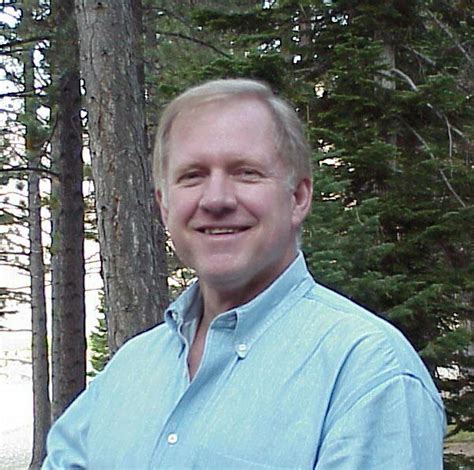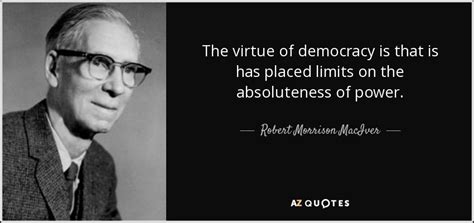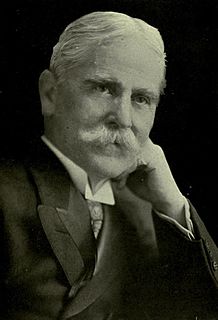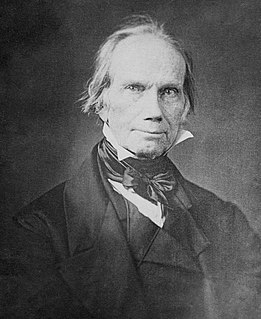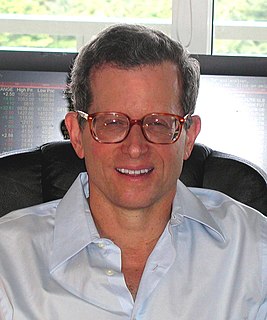A Quote by Ed Seykota
If you can't measure it, you probably can't manage it Things you measure tend to improve.
Related Quotes
Racism itself is difficult to measure. We can measure hate crimes - which are absolutely an indicator. We can measure reports of discrimination. We can measure the number of times hateful words are being used across the Internet. Those things all help us measure racism, but it can sometimes be nebulous.
What do we measure when we measure time? The gloomy answer from Hawking, one of our most implacably cheerful scientists, is that we measure entropy. We measure changes and those changes are all for the worse. We measure increasing disorder. Life is hard, says science, and constancy is the greatest of miracles.
Successful businesses measure and count things. I think that's a safe assumption on top of which we can drop the following hypothesis: unsuccessful business either measure nothing, the wrong things, too many things, or finally, they measure the right things but they don't communicate the measurements efficiently.
The thing you can't measure is someone's heart, someone's desire. You can measure a 40, his vertical, his bench press, and that might let you know things like, yeah, he can jump high. But desire, his dedication, his determination, that's something you can't measure. That's something you can't measure about Rod Smith.
We are apt to think we know what time is because we can measure it, but no sooner do we reflect upon it than that illusion goes. So it appears that the range of the measureable is not the range of the knowable. There are things we can measure, like time, but yet our minds do not grasp their meaning. There are things we cannot measure, like happiness or pain, and yet their meaning is perfectly clear to us.
The measure of a life is a measure of love and respect, So hard to earn so easily burned In the fullness of time, A garden to nurture and protect It's a measure of a life The treasure of a life is a measure of love and respect, The way you live, the gifts that you give In the fullness of time, It's the only return that you expect
